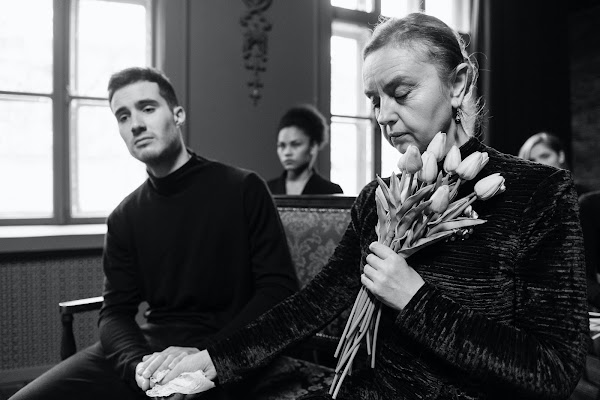How to Involve Children in Memorial Services and Rituals
When a family member or close friend dies, adults must make the tough decision of whether or not to include children at funeral or memorial ceremonies. All funeral services should be open to children, including the wake, funeral, and burial. Memorial services may include members of the community of any age. Participating in these ceremonies with relatives allows the young person to be surrounded by caring adults and to find their own voice in the expression of their sorrow.
Funerals and memorial services are not something that should be pushed upon children. The kids' concerns and inquiries must be addressed, so learning why they don't want to go is crucial. Here, however, are some suggestions on effectively including children in memorial services and rituals if they express a desire to do so.
How to Explain Cremation?
It might be difficult for adults to broach the subject of cremation with youngsters. Thankfully, kids are usually more open and accepting about it. Make sure your kid knows that a dead person's body doesn't do anything and doesn't feel anything anymore before starting this subject. A dead body cannot sense heat or pain, so it is important to stress that the deceased will feel nothing throughout the cremation process. Use caution while discussing cremation, as the phrase "burned" might give the impression that the body experiences pain. Explain to the kid that the body is put in a little chamber that is heated to extreme temperatures. The high temperatures in the chamber cause the corpse to disintegrate into tiny, powdery fragments known as ashes. The ashes are then placed in a tiny receptacle known as an urn. An urn's contents may be buried, preserved at home, or spread to a scenic location significant to the deceased.
Be Sure to Reassure Them Repeatedly
Give them the opportunity to rethink their decision at any time. Be sure they are happy with their choice but avoid bothering them with too many questions about it because it is normal for children to want to impress their parents and because they feel they have the ability to say whatever they think their parents want to hear. Assure them that they will not be judged even if they decide not to attend the memorial service and let them know that they may still be a part of the process of saying goodbye even if they don't go. Assure your children of your unwavering support no matter what they decide and encourage them to share their thoughts and emotions with you. Being kind and accepting allows people to feel secure sharing their innermost feelings and ideas at this trying time.
What to Do If a Child's Behavior is Disturbing Others?
It is very natural for youngsters to experience waves of grief that come and go throughout their lives. It is okay for your children to cry, laugh, and play even if the situation is very serious for them. Give them permission to be like children. Make it very clear to your older children that they are expected to respect the feelings of the other mourners and that there are acceptable ways to conduct themselves when attending a memorial service. If you are certain that your child is not mature enough to understand the concept, you may activate your plan and have the designated person remove your child from the potentially harmful situation.
How Can I Help My Kid After the Memorial Services?
After the services, ask the youngsters about what they saw. Determine whether anything puzzled or upset them. Encourage them to ask questions and tell them there are no silly ones. Answer their questions clearly and age-appropriately. Say you don't know if you can't answer their question. Assuming ignorance or asking, "Would you like me to try to find an answer to that?" is fine. Discuss what was said during the occasion with the youth. Be bold, support your father, and be the man of the house are words they may have heard. If so, tell the child that it takes bravery to feel and express all their feelings, including sobbing if that's normal.
When allowing children to join in memorial ceremonies and rituals, it is essential to put the feelings of the children first, to show them that you understand, and to create an environment that is comforting and encouraging. Assist them with love and compassion as they travel the difficult path of bereavement and remembering by listening to their concerns, elaborating on important themes such as cremation, and assuring them of your unwavering support throughout the process. We hope this article was helpful.





.png)



No comments
Thank you for dropping by! I would love to hear what you thought. :)
Thanks!
♥,
Diana